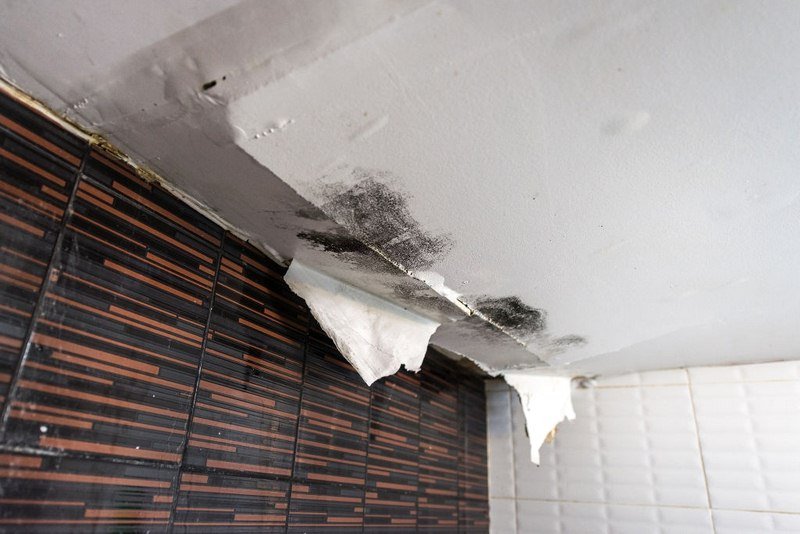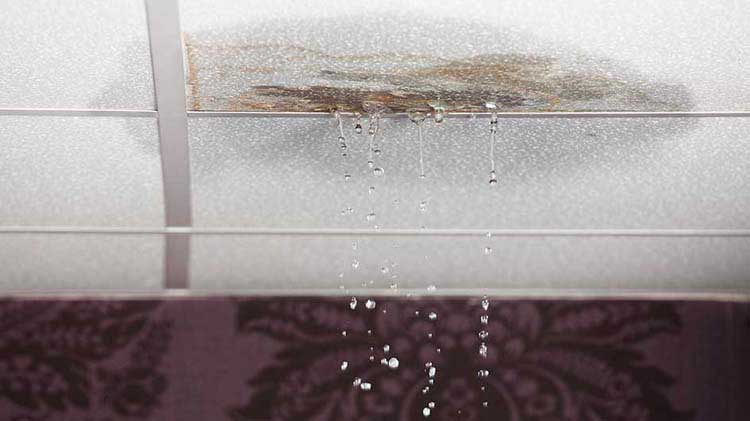Your House's Most Typical Water Leak Causes: Analysis
Your House's Most Typical Water Leak Causes: Analysis
Blog Article
Each person may have his or her own idea in relation to How to detect water leaks in your home.

Leaks not only create waste of water however can additionally create unneeded damages to your residence and also promote unwanted organic development. Unfortunately, water leakages could go unnoticed considering that the majority of the pipework in our house is hidden. By comprehending and looking for daily circumstances that trigger leaks, you can shield your house from future leakages and also unneeded damage. Today, we will certainly check out six leak creates that might be creating your pipes to leak.
Trespassing roots
Most water leaks begin outside the home rather than inside it. You might notice wet spots or sinkholes in your yard, as well as that may mean that tree roots are getting into water lines creating water to permeate out.
Rusty water systems
As time passes by, your plumbing system ages and rust such as rust might start eating away the pipelines. This may be the source of staining or warping on your water pipes. This calls for an assessment with your plumber instantly. Take into consideration changing the pipes because they are at a greater risk of deterioration than the more recent models if our plumbing system is old.
Faulty Pipeline Joints
The point at which your pipelines connect is often the weakest web link in the waterline. Pipeline joints can degrade gradually, leading to water leakages. Unfortunately, the majority of pipe joints are not easily visible. If you have noisy pipelines that make ticking or banging sounds, particularly when the warm water is activated, your pipe joints are probably under a great deal of stress. It is advisable to have your plumber check your system annually.
Instantaneous temperature modifications.
Severe temperature adjustments in our pipes can trigger them to increase and contract unexpectedly. This development and also contraction may trigger splits in the pipelines, specifically if the temperature level are below cold.
Poor Water Connectors
Sometimes, a leak can be brought on by loosened hose pipes as well as pipes that provide your home appliances. Most of the time, changing is what causes the loosened water Connections. You may locate in the case of a cleaning device, a pipe might spring a leak because of trembling throughout the spin cycle. In case of a water links leak, you may see water running directly from the supply line or puddles around your home appliances.
Obstructed Drains
Clogged drains might be bothersome as well as inconveniencing, however they can sometimes wind up causing an overflow causing burst pipelines. Keep removing any type of materials that may drop your drains pipes that might block them to stay clear of such aggravations.
All the above are reasons for leakages but not all water leaks arise from plumbing leaks; some leaks could come from roofing leakages. All leaks must be fixed immediately to stay clear of water damages.
Leakages not only create waste of water but can additionally cause unnecessary damages to your residence and also promote unwanted natural development. By looking and also comprehending for everyday scenarios that cause leakages, you can safeguard your residence from future leaks as well as unneeded damage. Today, we will look at 6 leakage causes that may be creating your pipelines to trickle.
At times, a leak can be caused by loose hose pipes and pipelines that provide your appliances. In case of a water links leak, you might notice water running directly from the supply line or puddles around your devices.
Tell-Tale Signs of a Water Leak
The Sound of Running Water
If you’re hearing water running, your first step should be to check your faucets, toilet valves, and outdoor spigots. If everything if status quo, take an exact reading of your water meter and don’t use the water for a few hours. Then, take another meter reading. If there has been no change, that means water is not running (and maybe it’s time to have your hearing checked!). If the reading has changed, however, this indicates that water is indeed flowing and you most likely have a leak.
Wet or Damp Floors
You’re walking across your carpet and suddenly squish—your sock is soaked! The dog doesn’t look guilty and your child swears they didn’t spill anything. That means you’re likely looking at sewer leakage. Now, it’s easy to just soak it up with a towel and call it a day; however, this won’t stop the leak. Ignoring the problem allows moisture to build up, ultimately causing mold or mildew. Not only is this smelly, it can be very toxic and harmful to children, the elderly, pets, and those with weak immune systems. Don’t risk the health of your home and your family—call in a professional to take care of the problem.
Foul Odors
If there’s an unpleasant smell in your home and you can’t locate the source, don’t just light a candle or spray some Febreze. Funky smells are often due to mold and mildew, which spread fast under ideal conditions (optimal temperature and level of humidity). Growth begins within about 24-48 hours, and spores start to colonize in 3-12 days, becoming visible to the eye within about 18 days. If you think the odor is leak-related, get a plumber out as soon as possible to mitigate damage from rapid fungi growth (and rid your home of the foul odor).
Overgrowth in the Lawn
Unless you didn’t fertilize your lawn evenly, a lush patch of grass in a select area of your lawn, or concentrated wet spots, indicate pipe leakage which is acting as a fertilizer. Left untreated, hazardous bacteria in the underground waste will quickly turn into a messy situation, going from lush growth to lawn destruction.
Wall Cracks
Over time, even the littlest of leaks can cause cracks in the foundation of your home and compromise the entire structure. How does it happen? The leak continues hammering away at the same spot in the ground beneath your home, eventually causing it to shift slightly. Now, you’d never feel this shift, but your walls will. This can be a very dangerous situation, so if you’re seeing vertical or diagonal cracking in your walls it’s best to call a plumber right away.
https://www.expresssewer.com/blog/6-telltale-signs-of-a-water-leak-in-your-home

I recently found that blog entry on How to Find Water Leaks while scouting around the web. Make sure you take the time to distribute this article if you enjoyed reading it. I treasure reading our article about Common Water Leaks In House.
Pro service? Ring! Report this page